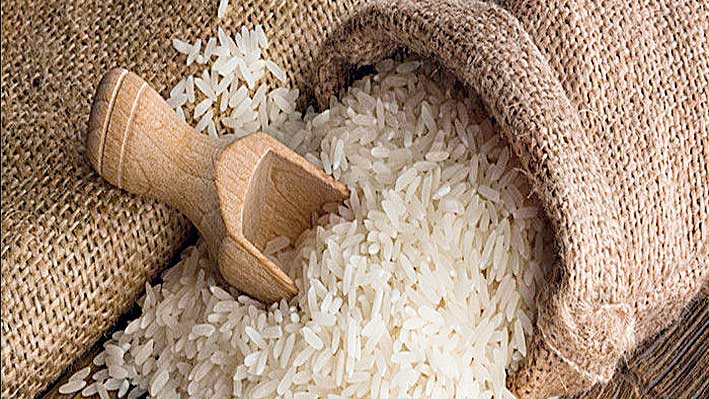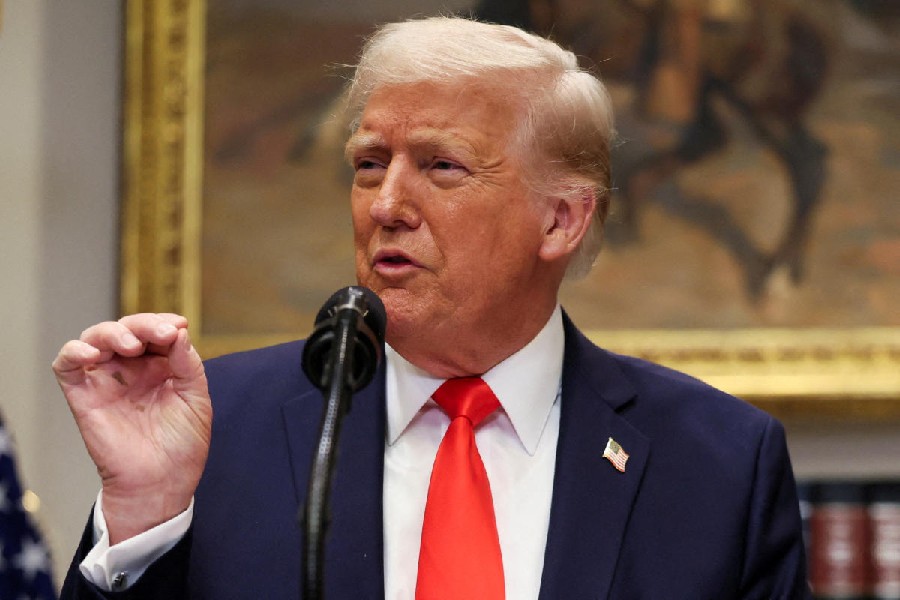A non-government alliance on Thursday accused India’s apex food regulatory authority of disregarding conflict of interest by allowing an industry-linked entity housed within its premises to promote efforts to scale up fortification of food with nutrients.
The Alliance for Sustainable and Holistic Agriculture, a network of farmers’ organisations, has questioned the presence of the Food Fortification Resource Centre (FFRC) within the Food Safety Standards Authority of India (FSSAI), the regulatory body.
“There is a divergence in their mandates,” the Alliance said in a report released on Friday that has described the FFRC being housed in the regulatory body as “conflict of interest”, given the potential financial gains from food fortification policies to some FFRC “partners”.
The Alliance’s report raising concerns about conflict of interest comes at a time the Centre and the states are implementing a programme to deliver iron-fortified rice through the public distribution system and other government food schemes.
The Centre had initiated the rice-fortification programme in 2019-20 despite opposition by sections of experts — including two members of the FSSAI’s own scientific panel — who had cautioned that the rice-fortification plan could expose vulnerable sections of the population to iron overdose.
The Alliance, expressing concern that the FFRC’s push for rice fortification has prevailed, has called for “an immediate re-evaluation of stakeholders within the FSSAI and an investigation into the conflict of interest to ensure that the FSSAI receives unbiased expertise in the interest of public health”.
The Alliance said the FFRC lists several non-government organisations and foundations described as “partners” that are “associated with” corporate entities engaged in the production of micronutrients or processed food that could profit from fortification of food.
An executive director in the FSSAI responsible for “regulatory compliance” among other tasks is also listed as the “director” of the FFRC. A member of the Alliance has described this dual responsibility role as illustrating conflict of interest.
“A government civil servant who’s executive director in the FSSAI is also director of FFRC, which we believe is a lobby group linked to businesses that gain from food fortification,” said Kavitha Kuruganti, a coordinator with the Alliance.
Responses to these concerns were not immediately available from the FSSAI or the FFRC. Email queries from this newspaper to two officials, along with a copy of the report, have not evoked a response.











